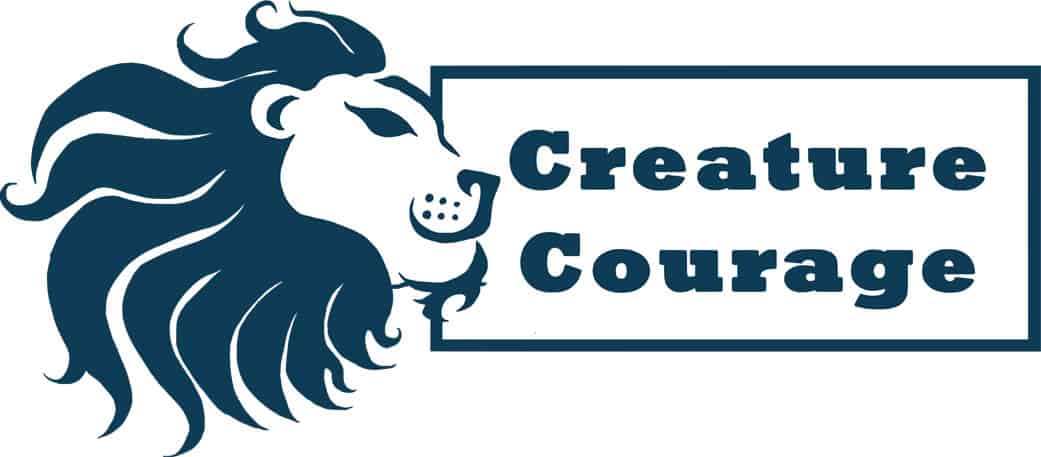
About Animal Phobias: Zoophobia
Please be aware, that animal images are displayed within the list of common animal phobias. However, we have taken care to provide none threatening illustrations instead of real pictures to help minimise any stress and allow you to navigate Creature Courage without worry.
What Defines a Phobia?
We’ll discuss phobias and what effect treatment of phobias can have on your quality of life, but we’ll also address:
- Why it’s important to overcome your fears
- How the strategies you learn can help you in your day-to-day life
- What forms of treatment will give you the very best chance of overcoming your fears quickly and forever.
How is a Phobia Different From Anxiety?
The NHS describes a phobia as: an overwhelming and debilitating fear of an object, place, situation, feeling or animal.
People suffer stress, fear and anxiety over a great many things, however, phobias are considered more extreme and more specific than general or random fears. Essentially, a specific trigger will cause irrational fear whether there is actual danger or not.
The NHS further explains that phobias are: an exaggerated or unrealistic sense of danger about a situation or object. Hence, if a phobia becomes very severe, a person may organise their life to avoid that anxiety. So, as well as restricting their day-to-day life, it can also interfere with their friends, family and work relationships. That might sound extreme but many people who suffer from a phobia have tried to change but feel powerless against the fear. Even thinking about the source of a phobia can be enough to cause anxiety or panic – known as anticipatory anxiety.
This is why it’s so important to find out how you can overcome your phobia, especially so it doesn’t begin to affect other parts of your life.
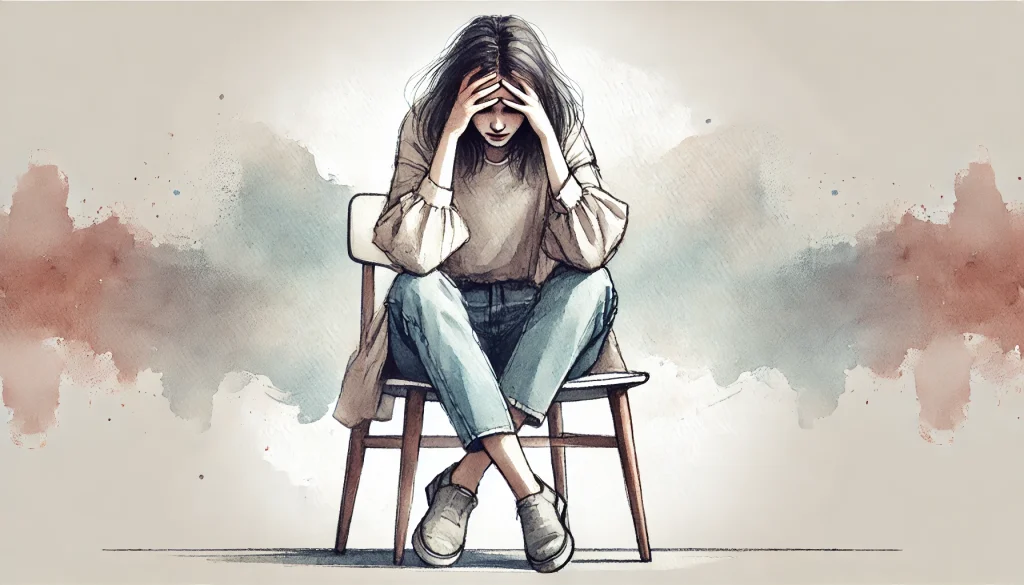
Symptoms Of Animal Phobia
Many people can feel physical symptoms when experiencing a reaction to their phobia along side the feelings of stress, anxiety and panic. These can include:
- Unsteadiness, dizziness and light-headedness
- Nausea
- Sweating
- Increased heart rate or palpitations
- Shortness of breath
- Trembling or shaking
- Muscles tensing
What are Animal Phobias?
The termed zoophobia usually refers to a person afraid of many or all animals. Most people are not afraid of all animals but, rather, have specific phobias around one or a few types of animals. Each animal phobia has its own specific scientific name.
For example, you could have a general fear of insects – called entomophobia – or you could have a fear of just a single insect, such as a bee – apiphobia. However, all animal phobias are is still housed under the umbrella term ‘zoophobia’.
Of course, knowing the exact name of each animal phobia can be a little complicated. We have created a useful list of the most common animal phobias. By clicking on any of the animal phobias listed you can find out more specific information on how to overcome that particular animal phobia. Additionally, you will also learn fascinating facts about each animal that might give you a better appreciation for, well, why they exist!
Where Do Animal Phobias Come From?
For many who love animals, it can be hard to relate to someone suffering from an animal phobia. But for those who develop a fear and anxiety around animals, it can severely limit and effect quality of life. Especially as many animals are unpredictable and hard to avoid.
We use the word develop because though some might think that people are simply born with a fear of animals, (with spiders and snakes coming immediately to mind), its actually not true, sorry Indiana Jones!
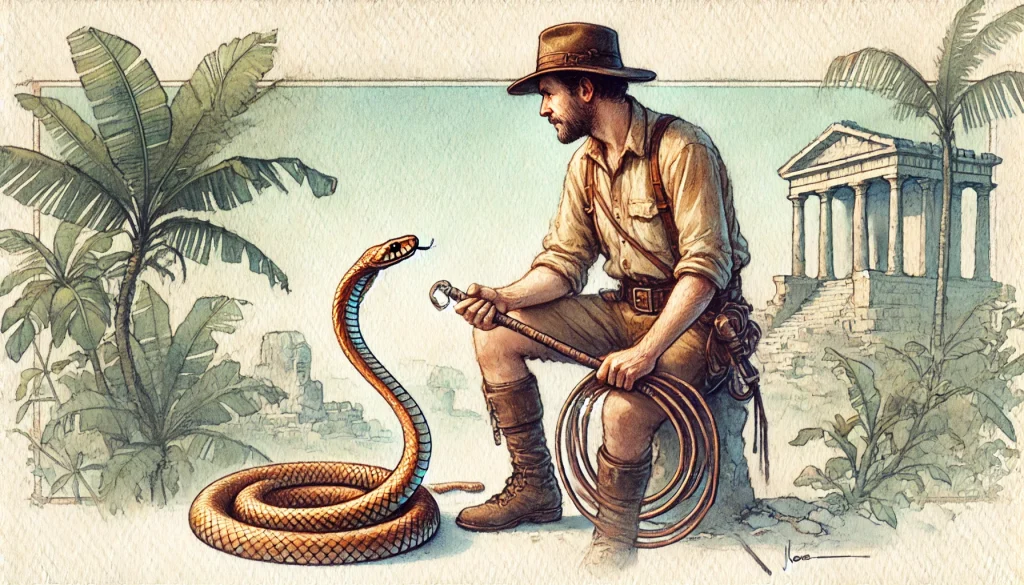
There are only two fears we are born with, the fear of loud noises and the fear of falling. Everything else is learnt. We quickly learn signs of danger as children, mostly from the actions of others. Although, we do sometimes register things as dangerous by accident through life experiences. It’s that old survival caveman instinct: better safe than sorry.
Our instincts are to keep us safe and if we encounter something we’re not sure about we subconsciously reduce the risk, usually taking the easiest method…avoidance.
Yet, the more we avoid, the more we reaffirm our survival threat assessment as valid, making the fear stronger until we develop a phobia and it becomes a monster in our minds.
Animal Phobias Are Learned:
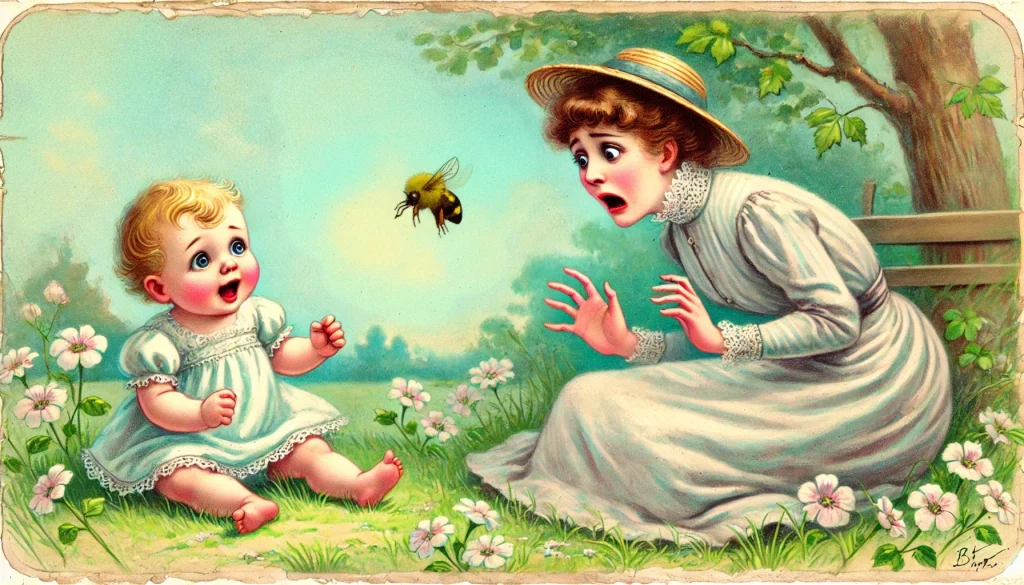
We usually learn fear during our childhood, and it’s usually from one of only two reasons:
- If we have a parent, sibling, or another close relative with a phobia it can easily be picked up through our interactions with them. As children, we are easily susceptible and, unwittingly, our care givers pass on their particular understanding of the world around them – both good and the bad. If they have a fear of an animal, there’s a high chance we, too, will fear that animal.
- We also learn phobias from negative experiences. Something as simple as walking through a spider’s web or having a mouse startle us by scurrying across our path, can all have a detrimental effect on our perceptions of them. Of course, something worse, like falling off a horse can have an obviously profound effect as well. None of these expressly mean you will develop a phobia, but are some of the examples of why some people do.
Traumatic events or those perceived as traumatic can create a subconscious trigger telling us to avoid the thing or the situation in the future. The trigger can become so embedded that many people can’t remember why they are so afraid, it just feels like it’s always been that way!
The Bigger Picture
In our work helping overcome animal phobias, most suffer from more than one phobia or have anxiety problems. This doesn’t necessarily mean a second animal phobia, but the animal phobia reinforces fear in other parts of their everyday lives. Many of our clients have increased anxiety with other things such as their jobs, relationships, travel, and so on. It’s all connected.
Additionally, many people with animal phobias can struggle with situations that are not in their control. Many display traits of perfectionism and over-responsibility or the inability to delegate. This is because all anxiety habits are tied together. Many people with animal phobias are people who have unknowingly created bad habits with even lower-level anxiety triggers.
An internal alarm is sounded at any sign of ‘danger’. This causes a continual avoidance loop to stop any discomfort that might come from taking risk. This could be meeting new people, applying for a new job, saying no, setting boundaries, etc. These risks are not really risks at all, but opportunities for growth and happiness, which are sadly avoided.
How We Can Help You
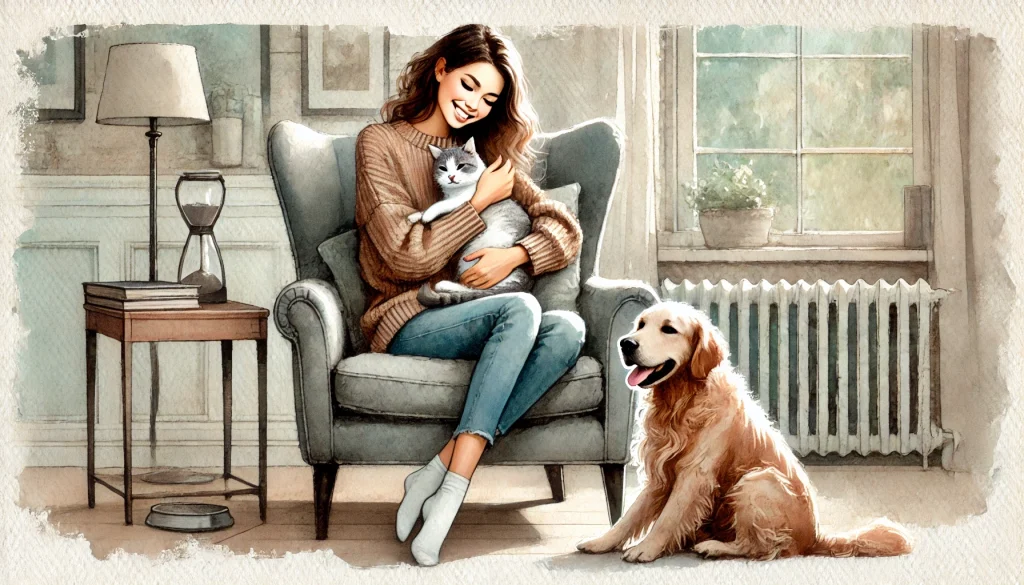
We at Creature Courage understand that the only way to get lasting results with your animal phobia is to change how you handle all anxiety. Isolating and treating just the animal phobia will not change your bad habits of letting fear make decisions for your life. Thus, we have a very unique holistic approach, combining several different types of proven phobia-fighting techniques. These techniques will help you address any fear triggers and help you start making better choices in all areas of your life.
The good news is that we find attending just one Creature Courage animal phobia therapy session can treat multiple phobias. Additionally, overall mental health is improved as you have the tools to start changing your brain around general anxiety. For clients who want more in-depth anxiety therapy, we also now offer anxiety coaching to ensure you achieve complete freedom from all fear. Find out more HERE.
The Right Therapy Techniques
Most importantly, we give our clients the opportunity to face their fears. Exposure therapy is scientifically the only way to change our brains and break free from fear. The survival part of our brains are not connected to the rational part of our brains. Thus, we must show it, not tell it to change it. You can read more on the science of this in our blog HERE. We offer gentle but effective exposure therapy to the trigger animal after we teach you all our techniques. We design our exposure therapy to address the deeper fear of uncertainty and feeling out of control.
Creature Courage is the UK’s leading animal phobia specialist, helping people overcome their animal fears. We run powerful one-on-one therapy to equip you with the skills to tame your fear of animals for good. We have spent years specialising specifically in treating animal phobias. Using the power of neuroscience, we enable our clients to get over their fear of animals in just one day! Click HERE to learn more about our therapy.
Call us on 0800 970 4417 or message us for more details and we’ll help put your mind at ease.
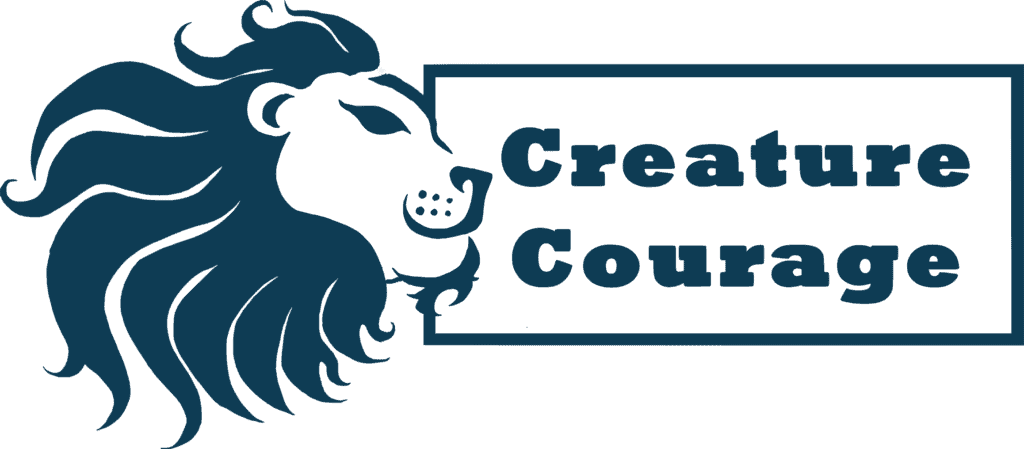
The List of Common Animal Phobias
The Fear of Ants – Myrmecophobia
The Fear of Bats – Chiroptophobia
The Fear of Bears – Arkoudaphobia
The Fear of Bees – Melissophobia & Apiphobia
The Fear of Birds – Ornithophobia
The Fear of Butterflies – Lepidopterophobia
The Fear of Cats – Ailurophobia
The Fear of Cockroaches – Katsaridaphobia
The Fear of Cows – Bovinaphobia
The Fear of Deer – Elapiphobia
The Fear of Dogs – Cynophobia
The Fear of Flies –Pteronarcophobia
The Fear of Frogs and Toads – Batrachophobia & Ranidaphobia
The Fear of Fish – Ichthyophobia
The Fear of Foxes – Fennecaphobia
The Fear of Horses – Equinophobia
The Fear of Insects – Entomophobia
The Fear of Lizards – Herpetophobia
The Fear of Mice – Musophobia
The Fear of Moths – Mottephobia
The Fear of Rats – Murophobia
The Fear of Reptiles and Amphibians – Herpetophobia
The Fear of Rodents – Suriphobia
The Fear of Sharks – Selachophobia, Galeophobia
The Fear of Slugs – Molluscophobia
The Fear of Snakes – Ophidiophobia
The Fear of Spiders – Arachnophobia
The Fear of Wasps – Spheksophobia
The Fear of Wolves – Lupophobia
The Fear of Worms – Scoleciphobia
